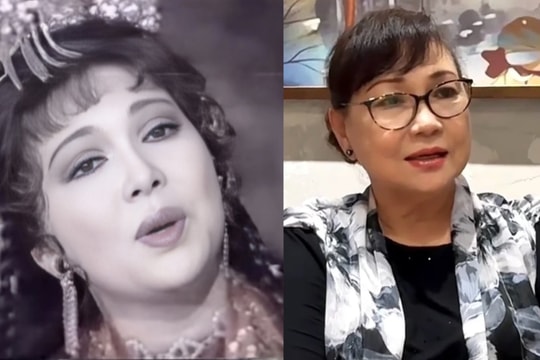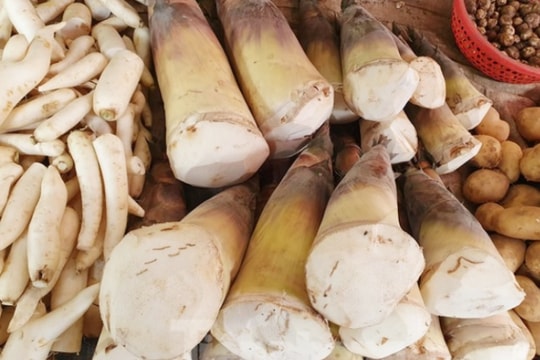Treating dizziness with oriental medicine that everyone should know
Dizziness is a symptom that perhaps anyone can experience in life. When experiencing dizziness, the patient should not be subjective, need to find the cause of dizziness and treat it thoroughly.
1. Causes of dizziness
According to resident doctor Nguyen Thanh Vuong - Faculty of Traditional Medicine, Hanoi Medical University, dizziness is a feeling of loss of balance, the patient feels like he or she or the environment around them is spinning, accompanied by dizziness, difficulty maintaining balance and possibly falling and injuring themselves...
Although dizziness is a symptom, the mechanism of dizziness is very complex, often due to disorders in the sense of direction and balance of the nervous system and the cochlea. Therefore, dizziness is a symptom of many different diseases, it can be a simple disease but can be a serious disease, so when you feel dizzy, you should not be subjective or ignore it.
There are many causes of dizziness: Benign paroxysmal positional vertigo; vestibular neuritis; Méniere's syndrome (idiopathic endolymphatic hydrocephalus); vestibular disorders; stroke or head, neck trauma, tumors; Migraine; side effects of drugs...
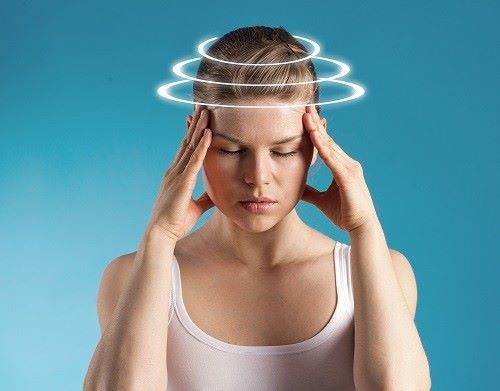
Also according to Dr. Vuong, Oriental medicine calls dizziness "illusionary dizziness":
-"Illusion" means dizzy, darkness before the eyes, can't see anything.
-"Vung" is dizzy, feeling like everything is spinning, losing balance and unable to stand.
In mild cases of dizziness, just closing your eyes will cure it. In severe cases, you will feel your body swaying, tilting from side to side, as if you were sitting on a boat or a car...
The cause of dizziness may be due to deficiency of blood and qi, weakened function of the spleen (digestive function), causing phlegm (waste products from metabolism) to stagnate inside, causing disturbance of the sense organs and leading to dizziness.
Or due to an imbalance of yin and yang in the body - mainly due to liver and kidney yin deficiency (the yin in the liver and kidney organs is weakened), not having enough strength to balance and control liver yang (the yang in the liver), causing "internal liver wind to move".
"Wind" and "fire" in the liver move upwards, disrupting the heart and causing illness.
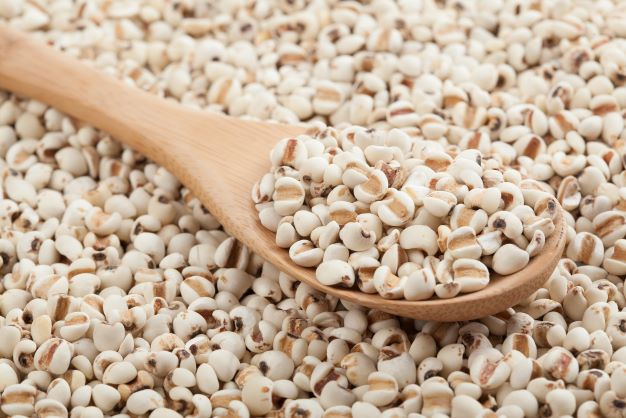
2. Oriental medicine methods to treat dizziness
Dr. Nguyen Thanh Vuong introduces Oriental medicine methods for treating dizziness as follows:
Prescription
Depending on the cause of dizziness, use the appropriate medicine as follows:
-Dizziness due to phlegm and dampness with symptoms such as dizziness, blurred vision, chest fullness, nausea, loss of appetite, lethargy, obesity, fatigue, excessive sleepiness, pale tongue coating, and rapid pulse.
+ Treatment method: Spleen tonic to eliminate phlegm and dampness.
+ Use the prescription: Ban ha bach truật thiên ma thang.
-Dizziness due to kidney yin deficiency with symptoms of headache, vertigo, dizziness, tension and pain in the temples, back pain, tinnitus, thirst, poor sleep, night sweats, bitter mouth. Red tongue, little tongue coating, thin and rapid pulse.
+ Treatment method: Calming the liver and calming yang.
+ Prescription: Gastrodia elata hook vine drink.
-Dizziness due to heart blood and spleen qi deficiency: Symptoms are dizziness, lightheadedness, lightheadedness, limp limbs, pale complexion, pale lips, poor appetite, reluctance to speak, shortness of breath, palpitations, infrequent urination, loose stools, and severe fainting. White tongue coating, flabby tongue.
+ Treatment method: Replenish blood and sedative.
+ Use the prescription: Ginseng nourishing thang.
-Dizziness due to deficiency of the fire of the life gate with symptoms such as dizziness, vertigo, intermittent headaches, cold limbs, hot head, flushed face, poor appetite, and rumbling stomach. In severe cases, dizziness can lead to fainting accompanied by diarrhea (waking up with diarrhea), a flabby tongue, and a weak, thin pulse.
+ Treatment method: Nourish kidney yang and lead fire back to its source.
+ Prescription: Eight flavors of cinnamon and aconite.
Note,Patients need to see a doctor to get the right medication.
Dish
You can use some medicinal dishes to help treat dizziness caused by phlegm and dampness such as: Coix and tangerine peel porridge, Ganoderma lucidum red bean porridge, bamboo sap and earthworm porridge...
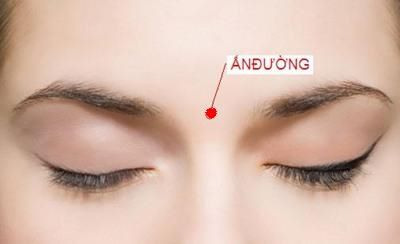
Pressing the acupressure point on the forehead reduces dizziness.
Acupressure massage to treat dizziness
Every day, use your index or middle finger to massage the following acupoints: Yintang, Hegu, Shenting, Baihui, Neiguan, Zusanli, Fengchi, Sanyinjiao... Massage both sides several times a day, each acupoint for 5-10 minutes.
Effect: Opens the senses, calms the mind, strengthens the spleen, clears fire, dissolves phlegm...
Self-massage: Rub the forehead to treat dizziness, rub the back of the neck, eye sockets, top of the head, rub and beat the eardrums.
Uses: Regulates blood circulation, clears liver heat, calms the mind, treats headaches, dizziness, nausea, increases blood flow to the brain...
In addition, there are some movements that help limit dizziness that you can practice every day, such as tilting your neck up to the sky, plowing, and waving your arms...
Nutritional regimen
Diet also affects dizziness. People with dizziness should eat foods that support the nervous system and immune system. Specifically, foods rich in B vitamins, especially vitamin B6, B9, vitamin C, magnesium... Drink enough water, especially fruit juice.
Patients should limit foods containing high amounts of sugar and salt. Avoid drinks and foods containing stimulants such as coffee, alcohol, beer, cigarettes... because these substances can increase dizziness.
3. Prevent dizziness
- Avoid stimulants:Avoid substances that affect blood circulation to the brain including caffeine, chocolate, alcohol... These substances can stimulate nerves leading to blood vessel constriction, increasing the feeling of dizziness, especially when drinking these on an empty stomach.
- Get enough sleep:Get enough sleep to give your brain a proper rest. Not getting enough sleep can cause or aggravate dizziness. Try to get a full night's sleep by starting at the same time each night and waking up at the same time each morning. Although everyone's sleep needs are different, adults generally need 6 to 8 hours of sleep. Children and teenagers need more.
- Maintain a healthy diet.
- Exercise regularly, do yoga to reduce stress.

